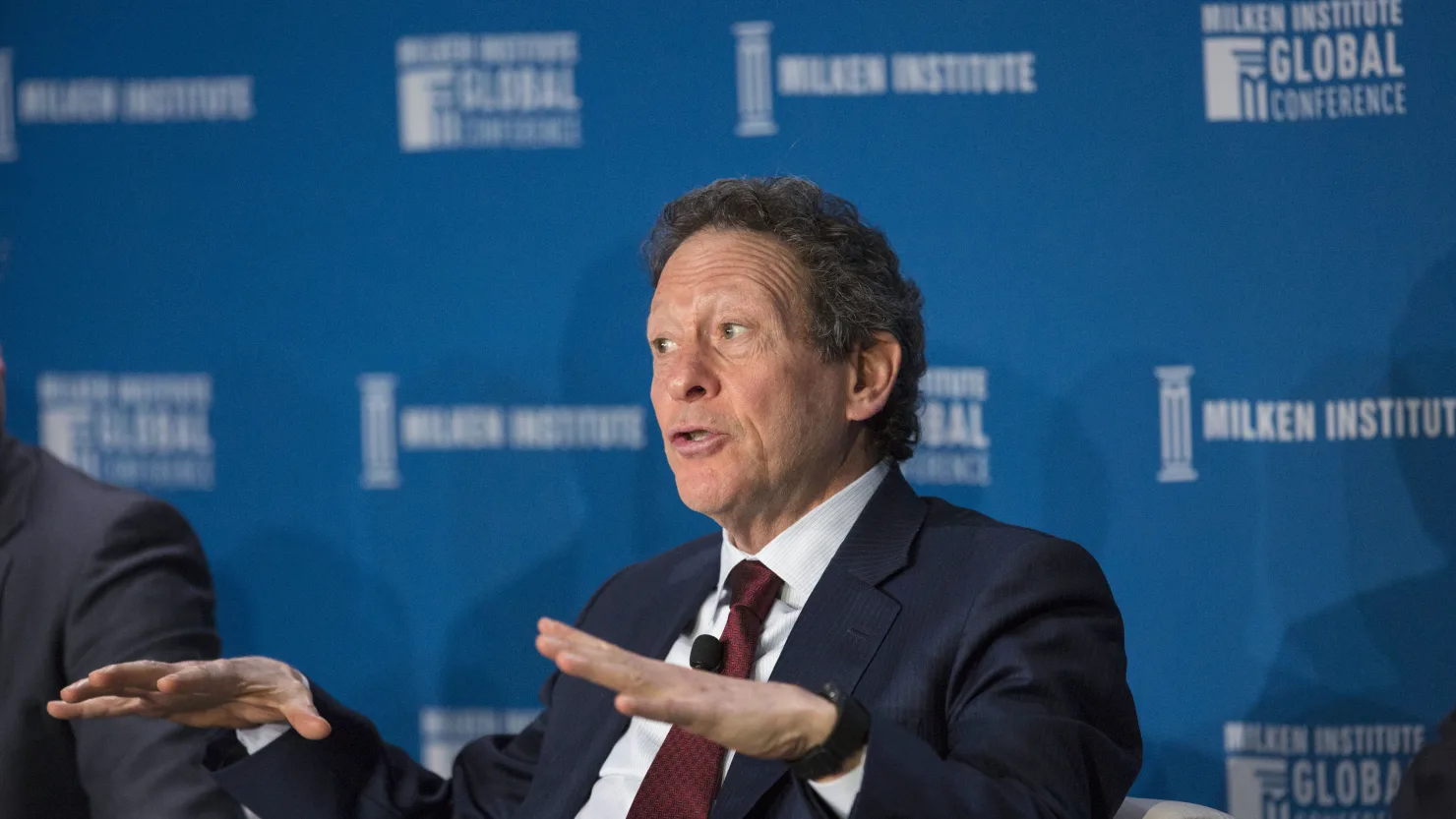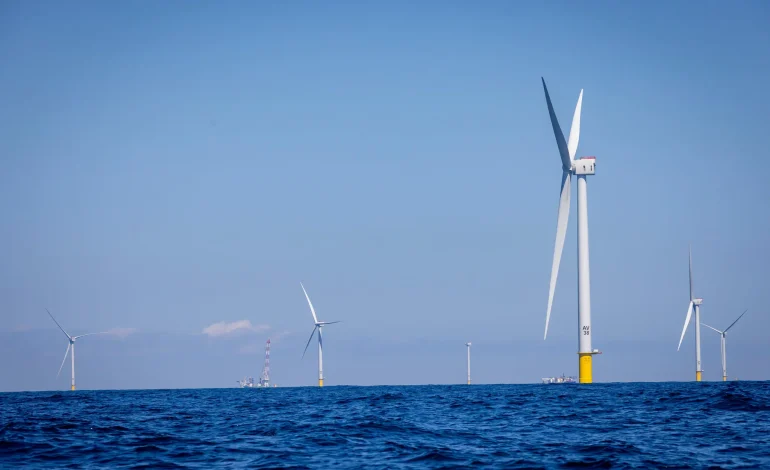The US Senate has voted to eliminate a proposed tax on wind and solar energy projects from its sweeping budget reconciliation bill, offering a modest reprieve to renewable energy developers.
However, the bill retains a stricter timeline for phasing out clean energy tax credits, signaling continued uncertainty for the industry.
The amendment to strike the tax passed narrowly by a 51-50 vote, with Vice President J.D. Vance casting the tie-breaking vote. Three Republican senators — Susan Collins (Maine), Lisa Murkowski (Alaska), and Thom Tillis (North Carolina) — broke ranks and voted against the broader package.
Initially, Senate Republicans had included a new excise tax on wind and solar power generation in their reconciliation bill — a move that stunned clean energy advocates and prompted warnings of steep industry disruption. The tax, combined with tighter deadlines for claiming Inflation Reduction Act (IRA) tax credits, threatened to halt many projects currently in development.
After overnight negotiations, Senate leadership agreed to remove the tax. However, a key restriction remains: projects must be placed in service by the end of 2027 to qualify for federal tax credits, rather than merely starting construction. Developers say this distinction could disqualify many projects delayed by permitting or interconnection hurdles.
The removal of the excise tax came after pressure from GOP senators, including Murkowski and Joni Ernst (R-Iowa), who argued the tax would raise electricity prices and hamper domestic energy development. They pushed instead for a softer phaseout that would have extended eligibility for projects beginning construction through 2027.
However, that amendment — viewed as a critical carveout by wind and solar companies — was not brought to a vote, as lawmakers struggled to find offsetting budget cuts.
Instead, the Senate included a one-year grace period for projects beginning construction soon after the bill’s passage. But unless these projects are completed by the 2027 deadline, they risk losing access to the credits entirely.
“This was an agonizing decision,” said Senator Murkowski, who ultimately voted for the bill after securing separate concessions for rural hospitals and nutrition aid in Alaska. “We don’t have a perfect bill, but I hope the House will continue to refine it.”
While the scrapped tax was seen as a win, many industry leaders remain deeply concerned about the remaining provisions. Wind and solar companies warned that requiring projects to be fully operational by the end of 2027 — instead of simply started — creates a high bar amid rising supply chain costs and a lengthy grid connection backlog.
“This version still puts billions in clean energy investment at risk,” said Jason Grumet, CEO of the American Clean Power Association. “Removing the tax was critical, but the deadline and sourcing rules still inject uncertainty into the market.”
The bill also includes complex restrictions on sourcing materials from “foreign entities of concern,” primarily aimed at China. These compliance requirements could prove difficult to meet, given China’s dominance in renewable energy supply chains.
The renewable energy fight reflects a deeper rift in Republican energy strategy. President Donald Trump and his allies in Congress have pushed to roll back the Biden-era climate law, viewing clean energy subsidies as wasteful government spending. Trump has also promoted US coal production, with the bill notably including a new tax credit for metallurgical coal, used in steelmaking.
Still, the reconciliation bill contains some support for low-emission technologies like nuclear energy, hydroelectricity, and carbon capture, which remain eligible for tax credits through 2036.
With the Senate having passed the bill, it now heads to the House of Representatives, where it is expected to face further debate. House conservatives are likely to push for deeper cuts to green energy incentives, while business and energy groups are expected to continue lobbying for more flexibility.
Despite the partial win for clean energy advocates, the legislative battle over renewable tax policy is far from over.
“This outcome avoids the worst-case scenario,” said one industry analyst, “but it’s a reminder that clean energy remains a highly political issue — and that certainty in this space is still elusive.”
Axios, Politico, and the New York Times contributed to this report.










The latest news in your social feeds
Subscribe to our social media platforms to stay tuned